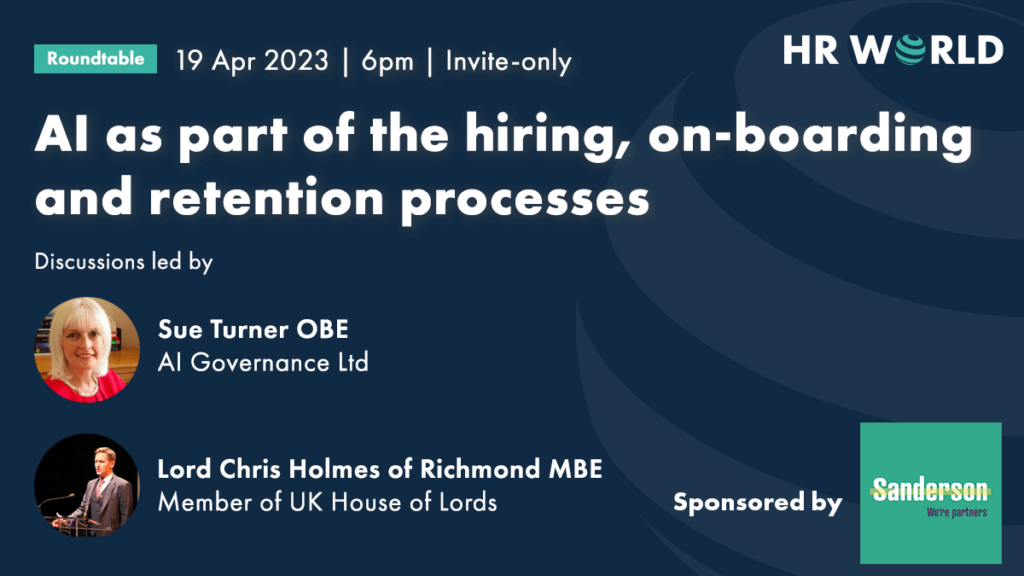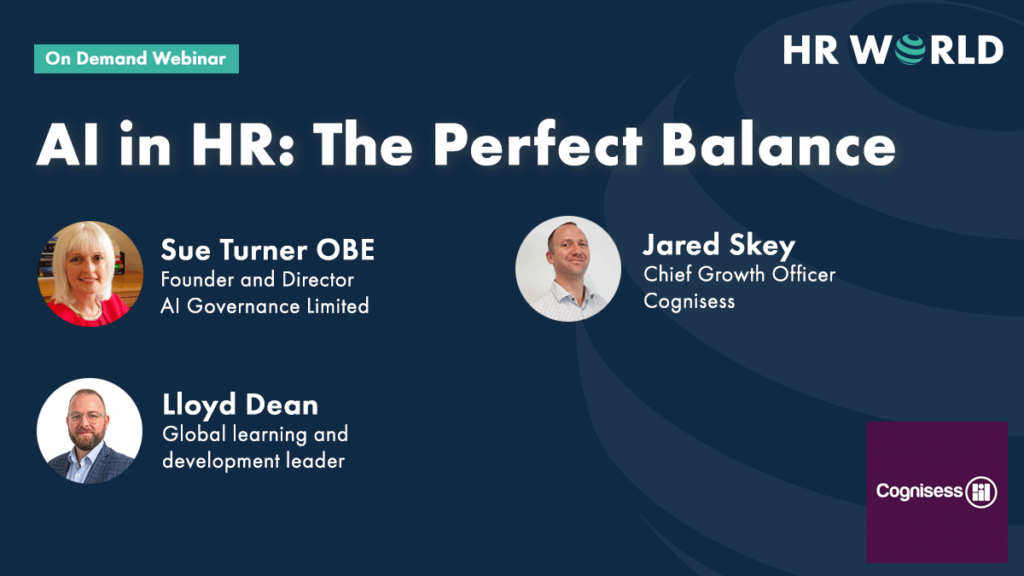Home » Knowledge Hub » Pay, Benefits and Taxation » Pay setting to be ‘hard for business’ as inflation hits
Pay setting to be ‘hard for business’ as inflation hits
13 April 2022 Pay, Benefits and Taxation

The Recruitment & Employment Confederation has warned that pay setting will be challenging for businesses as the combination of energy increases, rises in inflation and a tight labour market take their toll.
It comes following ONS figures revealed the UK employment rate was largely unchanged on the quarter at 75.5%, but still below pre-coronavirus (COVID-19) pandemic levels.
The number of full-time employees increased on the quarter, however, this was offset by a decrease in part-time employees.
Responding to this morning’s ONS labour market figures, Neil Carberry, chief executive of the Recruitment & Employment Confederation (REC), said: “The labour market is tighter than it has ever been right now.
“We also have rising numbers of people who aren’t working but also aren’t looking for a job. Finding ways to tempt some of them back into work will be very important in the coming months.
“Luckily we also have a thriving temporary work market that is proving its worth by helping firms bridge the gap.
“Regular pay grew by 4% on average over the past year, which would normally be a healthy amount – but at the moment, that still puts it below inflation.
“Pay setting this year will be hard for businesses, with their costs increasing across the board as tax and uncapped energy prices rise. Firms will need to balance this with the knowledge that they want to protect staff who are facing similar rises.”
The problem of hiring and retaining staff is also being impacted by inflation hitting 7%, meaning families could still be losing £900 this year as wage fails to keep up with the cost of living.
TUC general secretary Frances O’Grady said: “The chancellor has done almost nothing to help families as prices surge. And by holding down pay in the public sector and cutting universal credit, he has made the crisis worse.
“Families need help now. Whoever is chancellor tomorrow should go to parliament with an emergency budget to help with surging energy bills and to get wages rising.”
The employment market is in theory at a healthy economic place with a new record of 26.9million staff on the payroll. March saw 35,000 individuals join the workforce.
But the staff retention crisis is still afflicting businesses growth, as Covid saw older staff take earlier retirements, leaving a talent gap with companies struggling to find candidates with the right skills.
Recent research found that 52% of workforce want a wage in line with inflation, but the pay is failing to keep pace with the rising cost of living with regular wage being similar to where it was in September 2020.




































